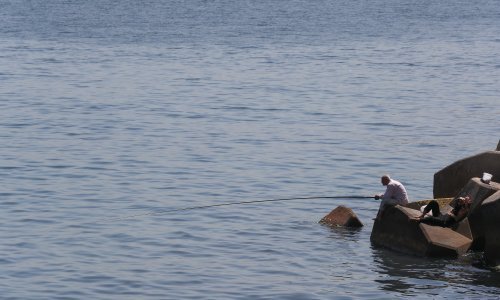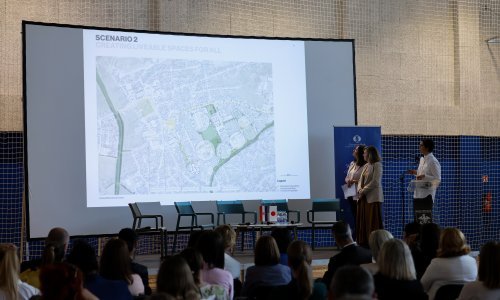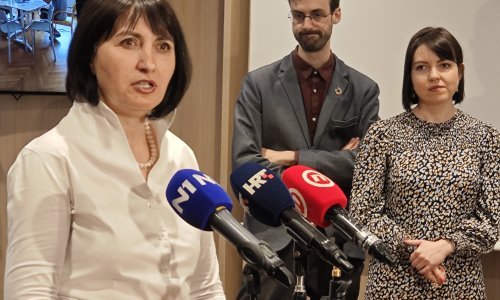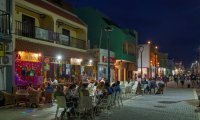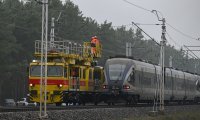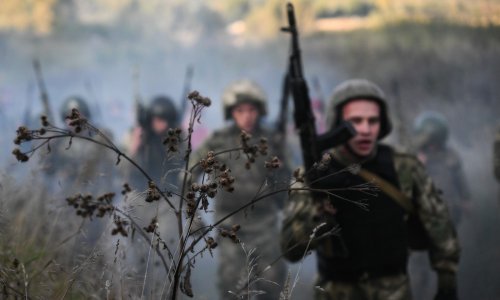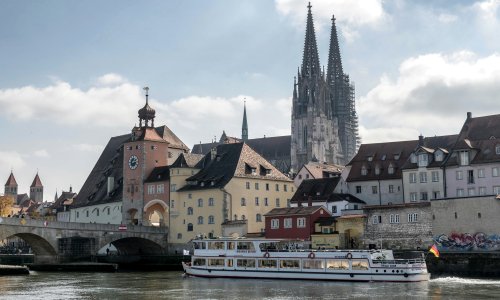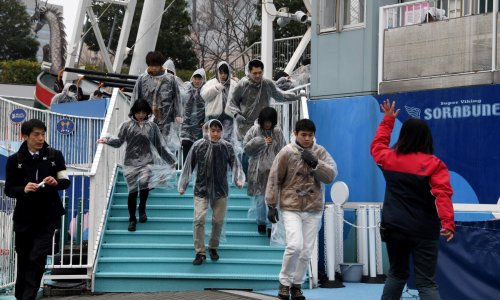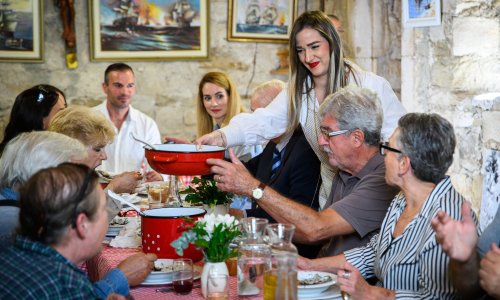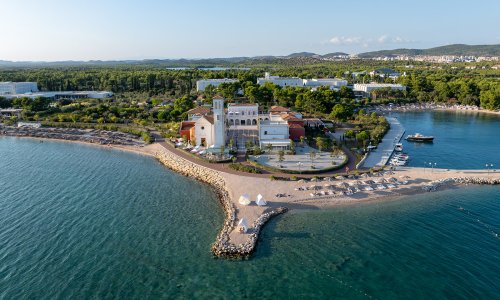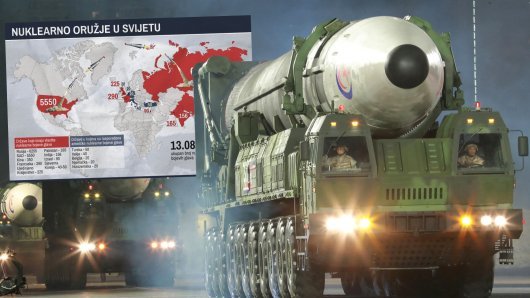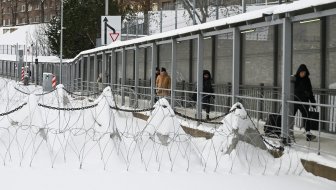The global financial crisis was felt in more than half transition countries, but life satisfaction did not change significantly, although optimism about the future decline, but it remains considerably higher than in Western Europe, according to a European Bank for Reconstruction and Development survey showing that Croatia is in the middle regarding optimism about the future, but only 29th when it comes to support for the market economy.
The EBRD on Wednesday presented the second "Life in Transition Survey" in which respondents, primarily those from former Communist countries, spoke about how the global economic crisis and the 20 years of social, political and economic transition since the fall of the Berlin Wall had affected their lives.
The survey was made in late 2010 by the EBRD and the World Bank, covering nearly 39,000 households in 34 countries, from Great Britain to the Balkans, from Albania to Uzbekistan, from France in the west to Mongolia on the east.
In order to put the responses into context, the same questions were put to respondents in Western countries such as Great Britain, France, Germany, Italy and Sweden.
In more than half the transition countries, the majority of respondents said the economic crisis had hit them considerably or quite, while among the Western countries, such a response was given only in Italy.
Among the households hit by the crisis, 70 per cent had to cut on food and health expenses, twice the percentage than in the West.
Support for democracy is higher than for the market economy and, despite the crisis, there was relatively few demands for a return to the old.
More than one-fifth of the respondents said they did not care about the political system and nearly one-fourth said the same about the economic system.
Support for the market economy and democracy declined in all new European Union countries, with the exception of Bulgaria.
In 2006, about 55 per cent of Croatians agreed with the claim that democracy is better than any other political system, while last year this was a little under 50 per cent, ranking Croatia 24th among the 34 countries surveyed. Sweden leads the way, while Serbia is last, with support for democracy dropping from above 50 to below 40 per cent.
Regarding support for the market economy, Croatia was ranked 29th, with 30 per cent, whereas five years ago this support was around 35 per cent.
Croatia was ranked 18th when it comes to life satisfaction.





